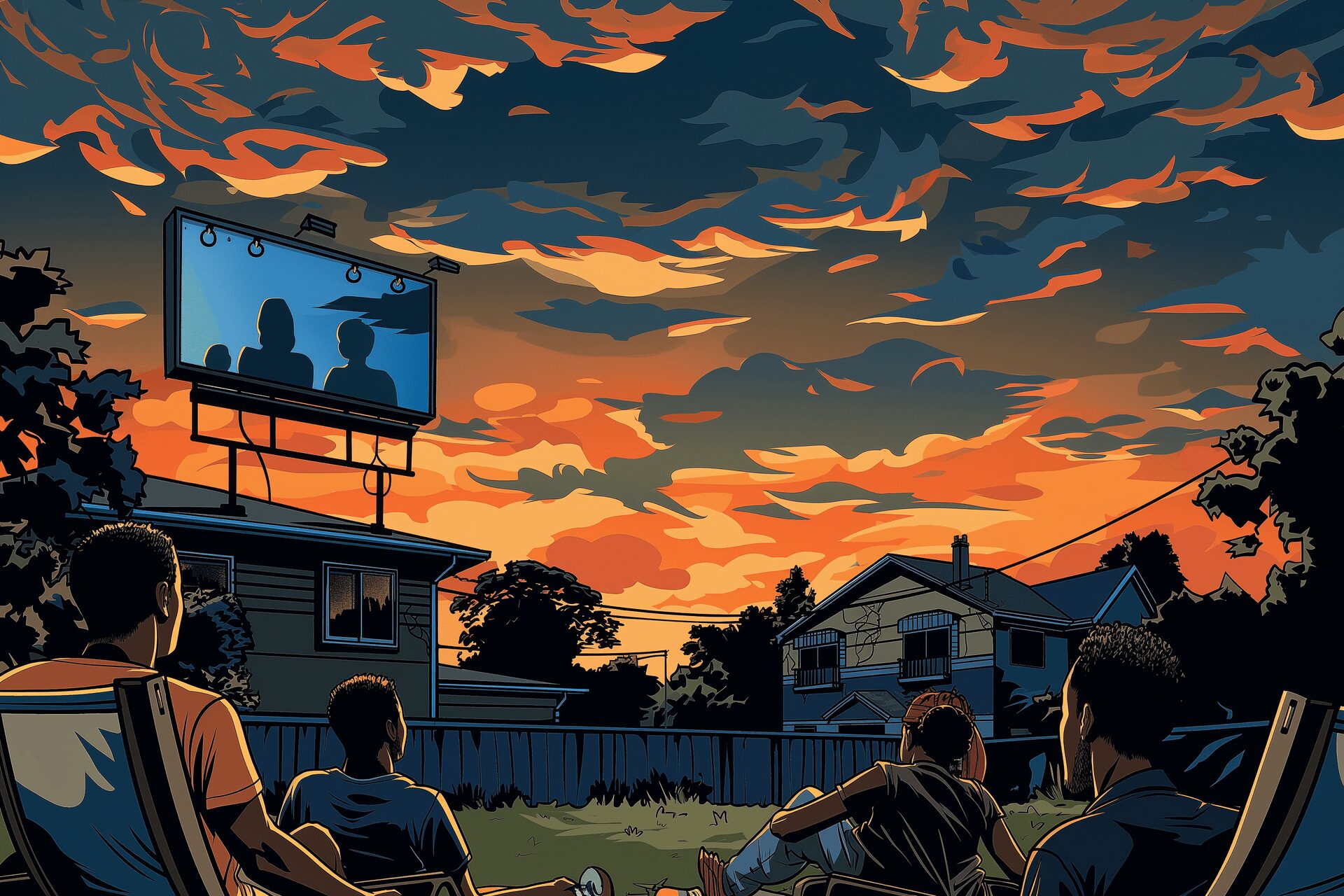How to Stop Feeling Lonely (Whether You’re Extroverted or Not)
Feb 06, 2024

As an Amazon Associate, Modded gets commissions for purchases made through links in this post.
Loneliness is one of the worst emotions. Feeling cut off from the world can sap your zest for life and make you feel empty inside. The pandemic shed light on its prevalence among men, but many are still wondering how to stop feeling lonely long after society has regained its sense of normalcy.
Lonely people share feelings of uselessness, helplessness and hopelessness, but everyone’s situation is different. The coping mechanisms that work for others may not work for you. Understanding what this undesirable emotion is and why you feel it matters to overcome it.
What Are the 3 Types of Loneliness?
The three types of loneliness are emotional, social and existential. Emotional loneliness is the unwelcome feeling you experience when you lack meaningful relationships. Social loneliness is when you feel an inadequate sense of belonging to your family, circle of friends or community. Existential loneliness refers to meaninglessness, feeling no purpose and realizing you go through life alone.
Loneliness can also be interpersonal or intrapersonal. Interpersonal loneliness is when you feel disconnected from others, whereas intrapersonal loneliness occurs when you sense isolation from some parts of yourself.
You can feel lonely in different ways at the same time. Your lonesome experience can be fleeting — transient — or long-lasting and recurring — chronic. You can also get a case of the blues occasionally, like when a time of week, month or year rolls around or when you’re out of your element.
What Is the Cause of Loneliness?

Loneliness generally stems from the mismatch between your ideal and actual levels of human connection. It’s a human condition, so everyone experiences it at some point. Some people may feel it more frequently or severely than others, though.
Lonesomeness is subjective because your personality determines your likelihood of being down in the dumps. You can experience it whether you’re primarily extroverted or introverted. It’s also situational because the reality you’re born into, the culture you grow up in, your family’s social class or unpleasant life events can bum you out.
External and internal factors affect when and how lonely you feel. External determinators include migration, social isolation and bereavement. Internal ones can be insufficient confidence and low self-esteem. Loneliness can also be a symptom of depression — a mood disorder that may compel you to socially withdraw and voluntarily self-isolate.
How to Stop Feeling Lonely If You’re Extroverted
Being lonely as an extrovert can be draining since you need regular social interaction to feel energized. Use these tips to cope with solitude better.
1. Work on Yourself
Socialization is a skill you can hone if you’re comfortable with yourself. It can be challenging to build your network when you look down on yourself and feel unworthy to be part of social groups.
Regardless of how valid your self-assessment is, practice self-care to feel good about yourself. Eat healthy, sleep well and exercise to fix any hormonal imbalance you may have.
Regarding your self-esteem, regulate yourself without unhealthy negative self-talk. Knowing your strengths, making peace with your inadequacies, comparing yourself to no one, saying no to what you dislike to do, and being nice to yourself are effective ways to increase your value in your eyes.
The more you’re in the right headspace, the more magnetizing you can be socially.
2. Don’t Be a Stranger

Get in touch with your loved ones. Touching base with the people you hold dear regularly can reduce the chances of feeling estranged from them, especially when you don’t get to see them as often as you want.
Do others usually call you? Make the first move and proactively reach out to your contacts. Maybe they want to go out with you but are too shy to ask first. Being ignored can be scary, but it’s the price you pay for human connection.
3. Be a Volunteer
Did you move to a new city? Introduce yourself to the local community by volunteering. Even if you don’t meet and befriend anyone, spending your time and energy on noble causes can give you a sense of purpose, improve your health and make you feel happier.
4. Welcome It
Loneliness has a negative connotation, but you can view it in a more positive light. Equating being alone with being unwanted is self-destructive.
Be stoic about your situation and acknowledge you can only control your thoughts and emotions, not how others treat and feel about you. You have people who care about you, so strengthen your relationships with them instead of pushing yourself to those who reject you.
If your desire for social interaction goes unmet, find healthy emotional outlets to express yourself. Filling your space with sound can improve your mood and engaging in creative pursuits can be therapeutic.
5. Count Your Blessings
Loneliness can overshadow what’s going for you. Notice and feel grateful for the positive things in your life instead of dwelling on the negative ones. Jot down the small things you’re thankful for, express your appreciation for others, and relive your fondest memories.
How to Stop Feeling Lonely If You’re Introverted
Being an introvert renders frequent and big social gatherings unappealing, but you can still feel lonely without human connection. Follow these pieces of advice to satisfy your need for a sense of belongingness and companionship.
1. Accept Yourself
If you’re just discovering your introversion, let go of any shame. Many people may find your approaches to dealing with loneliness strange, but let them be. Being misunderstood comes with being a lone wolf, so be OK with it.
2. Find Your People
Thanks to the internet, you can find a community of like-minded people from across the world. Finding one or two souls sharing your interests is more emotionally satisfying than partying with dozens of people who are on a different wavelength.
3. Go Outside
A change of scenery can be an excellent antidote to transient or occasional loneliness. Take a walk to free your mind, experience nature, and feel surrounded by others to enjoy a change of pace from your usual day.
4. Strike Up Meaningful Conversations
Take the initiative when you feel the need to talk to someone. You’re a better conversationalist than you think because you listen and have a genuine interest in what others have to say.
Feeling social anxiety is normal when speaking with strangers. You can overcome your fear as you build your confidence with practice.
5. Get a Pet

Animals provide exceptional company. They can be loving, loyal and low-maintenance. Sharing your space with your pet can positively distract you and give you a nonjudgmental companion to talk to when needed.
You’re Not Alone
Loneliness is a common feeling. You may seek solace in this knowledge, but it’s terrible for your health when left unaddressed for too long. Knowing how to stop feeling lonely is just the first step. Apply these tips to be in good company no matter what situation you’re in.






